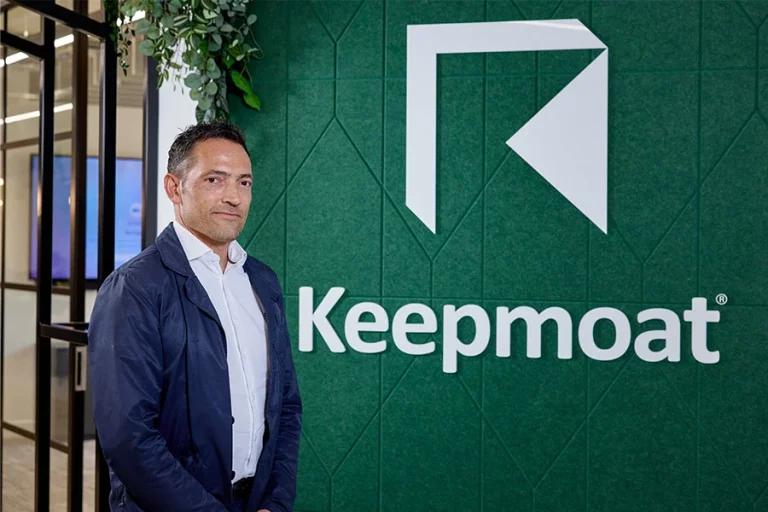Justin is a Chartered Engineer with a BEng (Hons) in Computers, Management and Electronics. He began his career at Siemens where he held several roles over nearly three decades culminating in his appointment to the Siemens Executive Management Board in 2017.
Committed to driving innovation, Justin was the founding CEO of the Sustainable Materials and Manufacturing Centre in Greater Manchester to benefit both the economy and environment. In 2023 he became Non-Exec Chair of Sustainable Ventures North, an organisation dedicated to supporting sustainability-focused start-ups across the country.
Richard Katz, the first Glass Futures employee in January 2020, has been appointed President and will continue to work closely with the new Government to help them understand how Glass Futures’ research, development and innovation enables growth, particularly with reference to identifying what works and, more importantly, what doesn’t work for industrial decarbonisation in the fight against climate change.
Glass Futures was a concept developed some 10 years ago by Richard together with Dave Dalton, CEO of The British Glass Manufacturers’ Confederation, the representative body for the UK glass industry, as an independent not-for-profit organisation to enable the glass industry to have access to an industrial scale experimental pilot plant.
The facility has been designed and built by the industry to allow practical experimentation with alternative low carbon sustainable energy sources to replace high carbon natural gas to decarbonise glass manufacture toward a sustainable future.
Funding in the order of £75 million has been provided by National, Regional and Local Government together with the industry to build Glass Futures’ 165,000 sq.ft Global Centre of Excellence in St Helens on Merseyside, the home of Pilkington’s revolutionary Float Glass development.
Aston Fuller, General Manager at Glass Futures said “Having been the second employee at Glass Futures, I’m extremely proud to see the exponential growth of the organisation in such a short period of time. These important changes will support our growth and impact with our ever-growing diverse membership across the global glass supply chain sharing our collaborative ethos, to our own team who’ve developed and grown our vision”
“I look forward to continuing to support our members on this journey through an ever changing world of sustainability and resource efficiency technologies alongside Justin and Richard in the coming years”
This next phase of Glass Futures continues with new appointments to the Board of Directors, including Mike Houghton, Chief Commercial Officer of Process Industries Software at Siemens as Chair and José Miguel Ivorra, Vice President of Global Business Development at Guardian Industries in place of Dr Richard Hulme whose long-term secondment is drawing to a close.
They are welcomed by current Board members including newly established Deputy Chair, Adrian Curry, Executive Director and Chief Decarbonisation Officer at EET Fuels, Dr Ludovic Valette, Vice President of Technology and Engineering at O-I Glass, Inc. USA, Dave Dalton, CEO of The British Glass Manufacturers’ Confederation, Professor Anthony Hollander, Pro-Vice-Chancellor for Research at the University of Liverpool, and Sean Murphy, Managing Director of Encirc.
Mike Houghton said “On behalf of the Board we would like to thank Richard Katz for his valuable contributions over the last 10+ years as Chief Executive, turning a vision into reality. Also great thanks to Guardian Glass’ Dr Richard Hulme who was instrumental in ensuring Glass Futures’ technical strategy reflected our member’s needs.”












